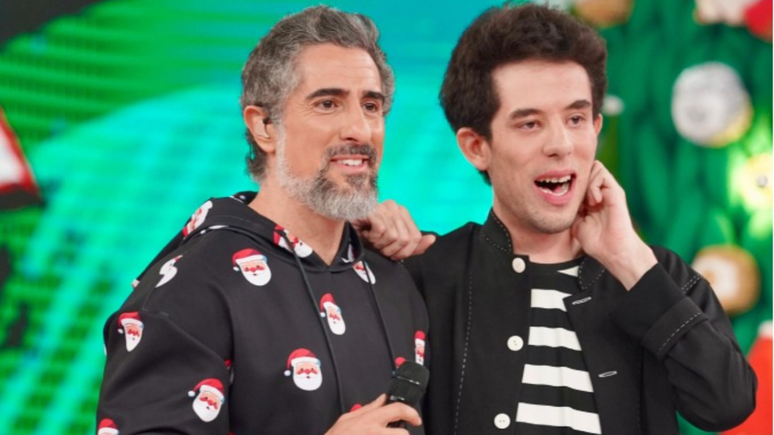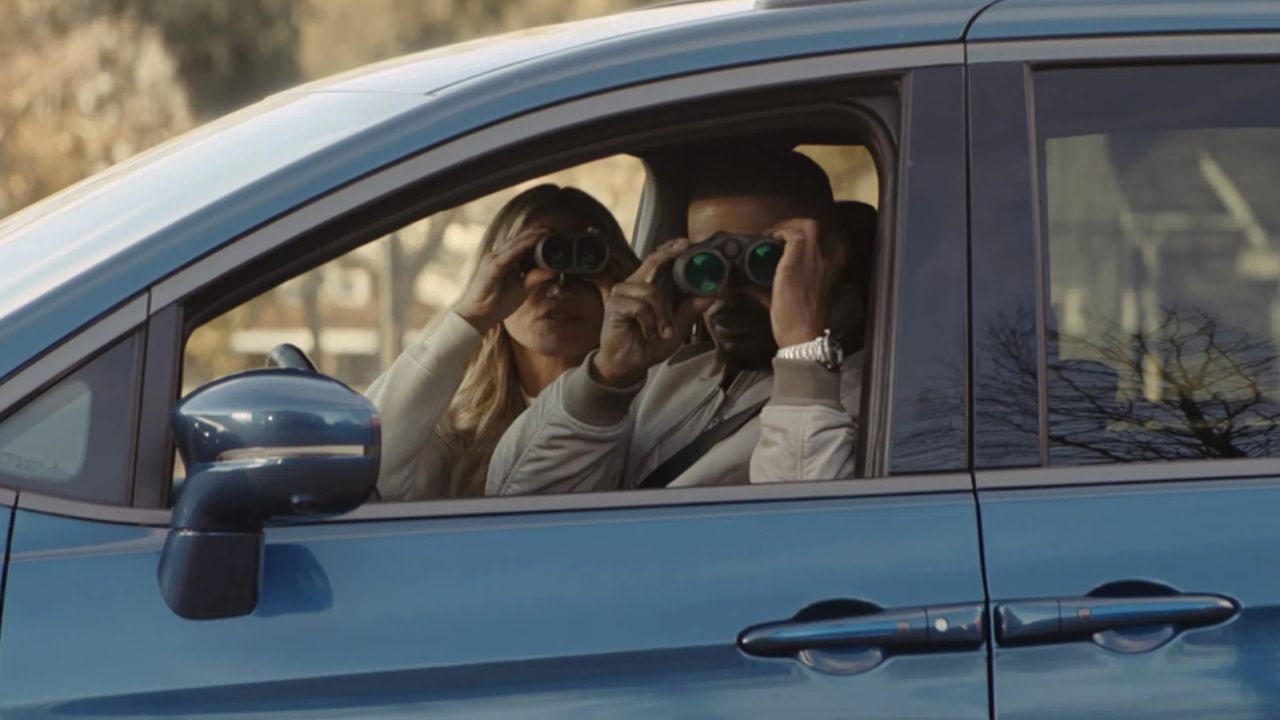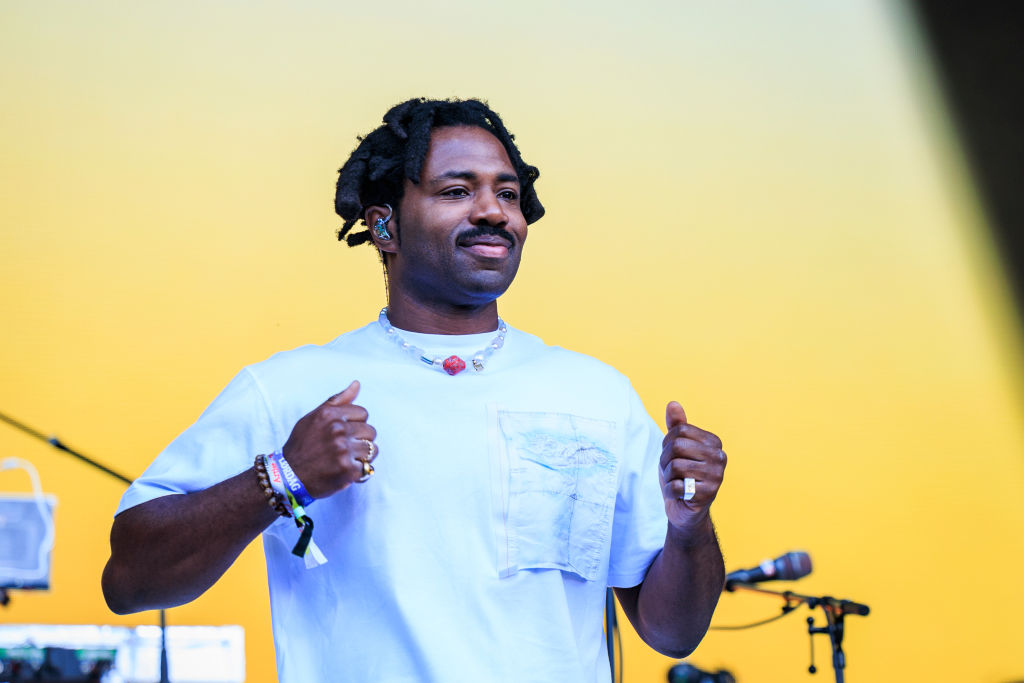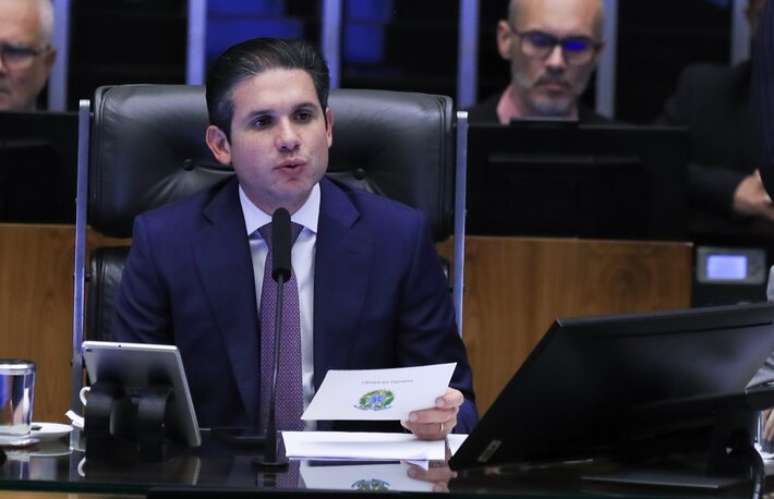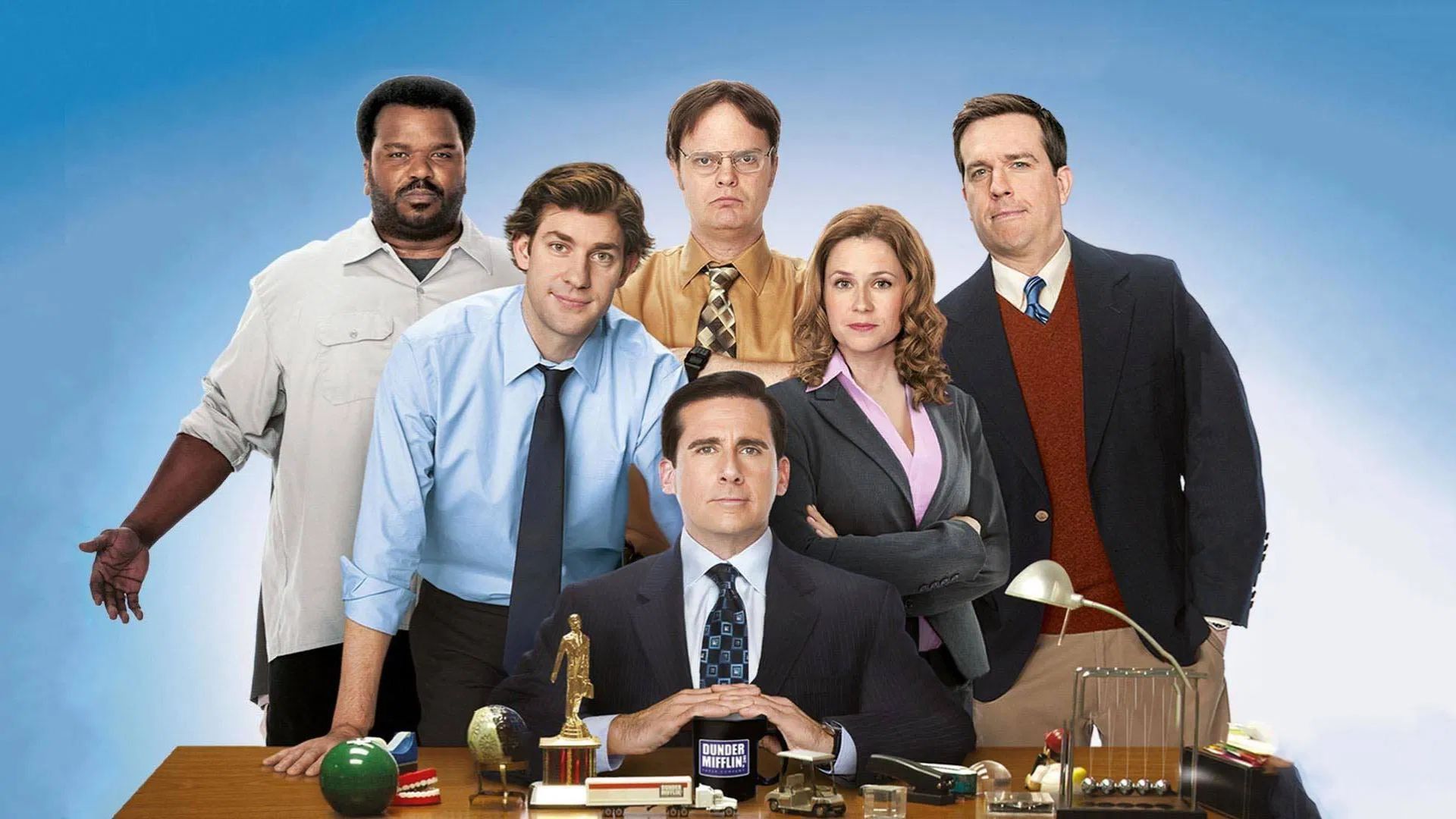By combining medical science, light language and the power of social networks, Dr. Marcone Oliveira’s work demonstrates that it is possible to educate and welcome at the same time
Public figures like the presenter Marcos Mionfather of Romeoa young autistic person, play a key role in sharing personal experiences and demonstrating that autism is not a limitation, but a unique way of existing in the world. The presence of doctors on digital platforms broadens the reach of information and combats historical stigmas. This is the premise that guides the neuropediatrician’s work. Marcone Oliveiraan autism specialist, who has gained more than 2 million followers on social media. With accessible communication, mixing humor and science, he brings knowledge to families, educators and healthcare professionals, helping to demystify autism spectrum disorder (ASD).
Humor and science as a welcome bridge
For pediatric neurologists, communicating about autism in a light-hearted way is a key strategy for breaking down barriers and generating empathy. “Have you ever been in an office working with an atypical family? These families often arrive saddened, hurt, hurt. I realized that information about autism was very loaded with jargon and anxiety. That’s when humor and science emerged as a natural way to make the dialogue lighter and more accessible,” he explains.
The expert emphasizes that small jokes or humorous analogies create bridges: they involve parents and help overcome initial resistance on such a serious topic. Communication studies indicate that humor increases public trust without compromising scientific credibility. “Of course, they called me ‘jester’ or ‘TikTok doctor’, but the positive feedback from families shows that this approach works. Laughing together prepares the ground for understanding each other together, breaking down the barriers of fear and ignorance”, he underlines.
Social networks as a support space
Marcone says the digital presence has become a point of support for families who receive an autism diagnosis and face isolation following the news. The expert comments that his social networks function as a community of exchange and support. “Many families tell me they found out about their child’s autism through a post. This demonstrates the impact of the content and motivates me to continue,” she says.
According to him, more than half of people search for health information online, but do not always find reliable sources. The doctor emphasizes that he tries to be an accessible voice, since every video or text on therapies and behaviors is a way of saying that this family is not alone. “I receive messages from parents who have managed to understand their children better or who have found adequate care through publications,” he adds.
Fight against misinformation
According to the doctor, misinformation about autism continues to be a challenge in Brazil, with fake news and harmful myths circulating widely. Among the most common misconceptions are therapies without scientific evidence, the alleged relationship between vaccines and autism and the idea that the disorder has a cure. “The vaccine myth arose from a fraudulent study in the 1990s, later debunked by research and debunked by the Lancet journal. There is no evidence that vaccinations cause autism,” he points out.
Another old myth brought forward by the neuropediatrician is that of the “refrigerator mother”, who blamed cold mothers for their children’s autism. Today it is known that parenting style does not cause the disorder; love and dedication are part of the solution. Marcone warns that misinformation still reinforces stereotypes, such as that autistic people are geniuses and have superpowers, like in the movie Rain Man, or that people are incapable of feeling emotions.
The specialist emphasizes that autism is not a disease to be cured, but a neurodevelopmental condition that integrates the person’s identity. “Promising a cure through products or diets generates false hopes. Treatments exist, but they must focus on development and quality of life, not on eliminating the disorder. In reality, each person is unique, with different combinations of skills and challenges. Phrases like ‘every autistic person is like this’ are myths. Knowing an autistic person means knowing only one, not all of them,” he points out.
Future and welcome
According to the neuropediatrician, there is still a lot to do in terms of public policies and social awareness. It is necessary to expand the network of specialist care, especially in smaller cities, guarantee early diagnosis, train professionals and offer psychological and social support to families. Furthermore, awareness must be continuous and the autistic community must be listened to to break stereotypes.
To the families who receive the diagnosis, the doctor leaves a message of hope. “Calm your heart. The diagnosis is not the end of a dream. It is the beginning of a new journey. Autism is not a disease, it is not a fault, it is not a mistake. With love, understanding and adequate stimulation, your child can develop and surprise you every day. Seek support, reliable information and celebrate every achievement. You are not alone. We are in this together,” he concludes.
About the specialist
Marcone earned a degree in Medicine and Surgery from the Metropolitan Institute of Higher Education (Imes). He then completed his specialization in Pediatrics at the José Lucas Filho Hospital, in Contagem (Minas Gerais), obtaining the title of specialist granted by the Brazilian Society of Pediatrics (SBP) and completed his specialization in Child Neurology at the Federal University of Paraná (UFPR). He subsequently obtained a master’s degree in Speech Pathology Sciences from the Federal University of Minas Gerais (UFMG). Currently, the neuropediatrician is the clinical director of the Proevoluir Clínica Integrada, based in Ipatinga and Coronel Fabriciano (Minas Gerais), parent educator and creator of the ADHD School. He is also the author of the book O Papai é Neuro, of which he has already sold more than 20 books.
Source: Terra
Rose James is a Gossipify movie and series reviewer known for her in-depth analysis and unique perspective on the latest releases. With a background in film studies, she provides engaging and informative reviews, and keeps readers up to date with industry trends and emerging talents.

